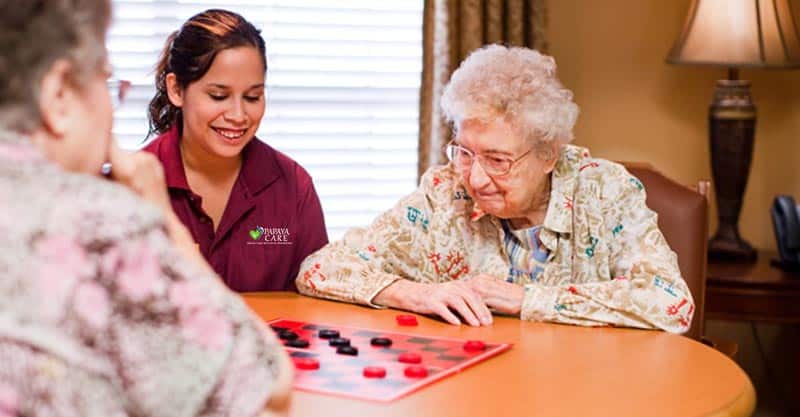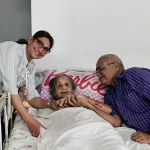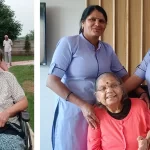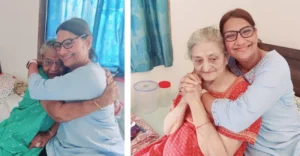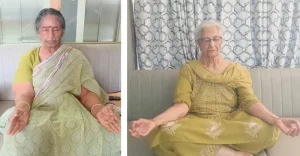The advancement of medical science has brought with it new knowledge for humans which was once unknown. We have come a long way, but it’s also true that there’s a long way to go.
Medical mysteries, as researchers and medical practitioners like to call it, are slowly unraveling. Slowly, humans are understanding the hidden mysteries and what ails the human body.
Neurodegenerative diseases are emotionally exhausting
One such revelation has been made with neurodegenerative diseases– diseases that deal with the brain and the nervous system. Diseases like, Alzheimer’s, Schizophrenia, and Dementia have been keeping neurologists and medical researchers up at night for decades now.
These are diseases which have no cure. Mostly genetic in nature, these diseases often end up the person becoming disoriented, forgetful, and with time, they may also love their sensory and motor functions- all of this ultimately leads to the death.
The worst thing about being diagnosed with these diseases is that they are generally caught when they have progressed in their later stages. Since there is no cure for these yet, preventive medicines can’t also do much to help.
Alzheimer’s and dementia lead to the patient having short term memory losses. The patient might forget who their family is, or what year it is. And handling these situations can be challenging for the family- it is emotionally exhausting and psychologically tiring.
Special care for Alzheimer’s is essential
Alzheimer care and dementia care involves a lot of hard work. People around the patient have to always be cautious, wary and alert. Elderly care for patients with Alzheimer’s is particularly difficult because the patient has a lot of different behaviors. They don’t realize what behavior is, what good behavior is and what is a bad one.
Caring for patients with Alzheimer’s can also be hard on the caregiver, if they are not mentally prepared for it, or do not see the consequences of the disease. There will be a lot of firsts that family members will not expect, slurring of speech, not recognizing their own family members and even other medical ailments that come along with Alzheimer’s and Dementia.
Leaving these patients on their own for even a minute can be very dangerous, since they are continuously losing motor functions. Chores like driving, cooking, handling fire or even going out for a walk on their own can be fatal.
That is why Alzheimer care and dementia care is a full-time job, something that you can’t take a break from. Whether it’s your parent, grandparent or your spouse, senior care for patients diagnosed with Alzheimer’s and Dementia is a serious matter of consideration.
Palliative care for Alzheimer’s and Dementia
Palliative care is looking after those people who have a terminal disease and no course of treatment will make them get better. Since, the case with Alzheimer’s and dementia is the same (there is no cure for the disease and it ends by stopping the brain; ultimately), palliative care is the best option for such patients.
Family members might argue (and since the patient is not lucid), that they are the best caregivers in the situation, so to speak. They might revolt against the idea of going for Alzheimer’s care in Ahmedabad however; they need to look at the larger picture here.
Palliative institutions have facilities with trained personnel who are professional caregivers. Chores that can be really difficult for the family to help the patient do, personnel at palliative care institutions can do that easily.
Improve the quality of life
Think about it this way; the quality of life of a person with dementia has started deteriorating, as the disease progresses. They are unable to eat (even feeding tubes don’t help). They lose motor functions and even are unable to speak.
This is where the expertise and training of personnel at a palliative care institution comes in. The team knows how to deal with the disabilities that arise as a cause of these diseases and work accordingly.
In addition to dealing with their day-to-day chores, palliative care homes help these terminally ill patients help relationships with other people in the facility. These teams make sure that the patient receives their medicines every day on time, make sure they eat well and spend time on leisure activates too.
Also, any special need they might have, like visiting a therapist or their psychologist; or going to the doctor’s place for an appointment- all these are taken care of by teams at palliative care homes like Papaya care.
Terminally ill patients need love and support
Palliative care homes are the solution for patients and their families- who want nothing but the well-being of the patient. Not only will each and every need of the patient be taken care of, given, how their medical condition has progressed; the quality of life they lead will also progress by large.
After all, terminally ill patients know their fate; and all the desire is some good time, they want to love and respect from people around them and seek support from their families.

